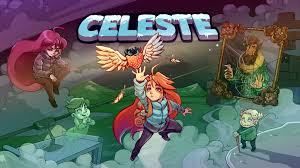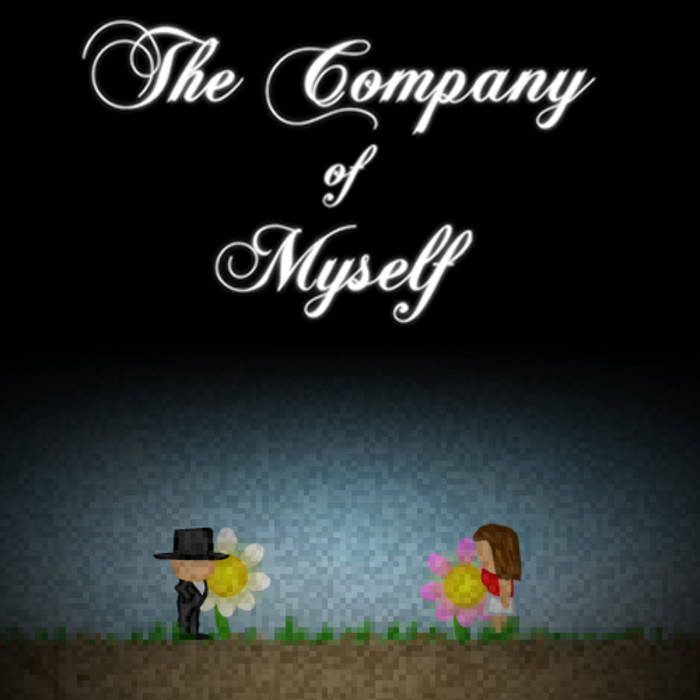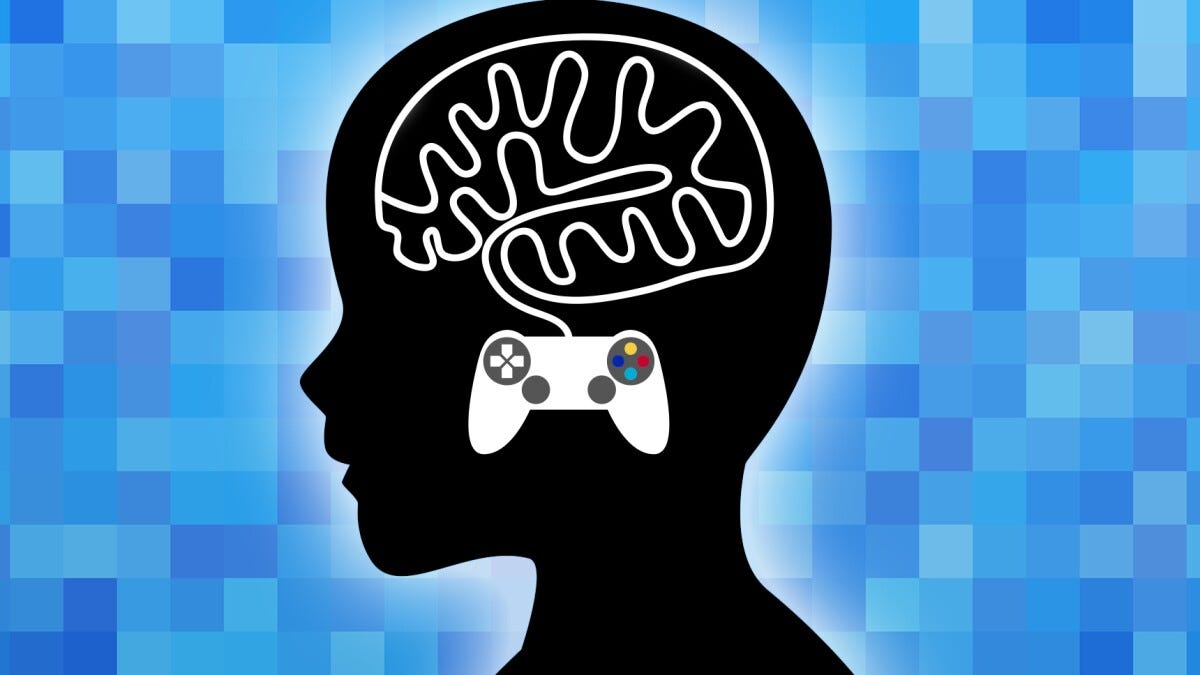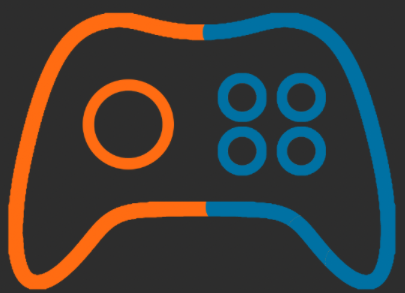There is a long outstanding debate and studies on whether video games can be beneficial for your mental health.
Some claim that playing too much is an isolating experience, where physical health becomes secondary and addiction can arise. Others argue that it is a sociable experience, where you can escape from reality.
Nevertheless, video games are unique from traditional media, where they offer interactivity, which places a gamer in someone else’s shoes, providing an opportunity to educate gamers on mental health.
Neverending Nightmares is an independently developed game and personal project of Matt Gilgenbach, who suffers from OCD and wanted to create a world through his lens.
The 2D psychological horror game is an semi-autobiographical where Gilgenbach drew his horrific visions of the past into the game.
In an interview with Rely on Horror, he said: “I designed the game Retro/Grade, which while it achieved success, was financially unsuccessful. It was a really difficult emotionally and sent me into depression. When thinking about what game to do next, I thought about how I could channel my experiences with depression and OCD into a game, the result was Neverending Nightmares.
“It’s actually been quite therapeutic. I didn’t expect that to be the case, but creating these horrific visions as part of the game has felt like a great weight has been lifted off my shoulders.
“I have a wealth of horrific images to draw on and many dark experiences to tap into, so I do think that gives me an edge as a horror game designer.”
You experience the game as a defenceless protagonist, Thomas, who awakens from a terrible nightmare only to discover that he is still dreaming. He must avoid monstrous manifestation which haunts his mind to wake up back into reality.
This game can provide others with a little understanding of what Gilgenbach and others struggle with mental illness with on a daily basis, which makes the terror in the game feel surreal.
Celeste is another game which was designed to educate gamers around anxiety, where the protagonist, Madeline faces a series of challenges which must mentally overcome and climb a literal and metaphorical mountain.
Madeline feels lost and as if she has no purpose in life to begin with. She is also someone who suffers with depression, and as climbs the mountain she is forced to confront her own intrusive thoughts.
Within the game Madeline says: “Im good at keeping appearances, but the truth is, Im barely holding it together.”
This is a strong and powerful message which is relatable for many of those who suffer with depression, who may appear externally ok, but are internally sad.

One of the most powerful games that address mental health is Hellblade: Senua’s Sacrifice, which was developed in Cambridge by Ninja Theory and is an action-adventure game inspired by Norse mythology.
The has been awarded five BAFTA awards and recently was acquired by Microsoft studios, a big achievement for some indie developers, for its brilliant depiction of psychosis.
Released in 2017, the developers who spent years researching and collaborated with neuroscientists, saw an opportunity to address psychosis and allow players to experience within a game.
Players follow and experience the journey of Senua, stepping into her shoes as she takes incredibly personal trails and struggles, whilst she fights for her soul in Viking hell.
A game which is very relatable for some gamers is The Company of Myself, which portrays a character that has social anxiety, where they prefer to hide aware from people and keep themselves isolated. However, the protagonist realises that some tasks that he needs to do in the game require help from others.
As a result he uses a cloned version of himself to assist him against some obstacles.
The game teaches players that being an introverted and scared of social situations is perfectly normal, but sometimes you need to go out your comfort zone otherwise isolation will stop you from accomplishing any goal and can be damaging.

All theses games have addressed many different kinds of mental health struggles that can effect anyone.
The developers have started very important conversations that many gamers may not usually talk about, or has difficultly in starting these conversations when necessary.
Despite all mental health affecting everyone differently, these games provide some insight into the lives who do struggle, which hopefully would increase empathy amongst the community.






